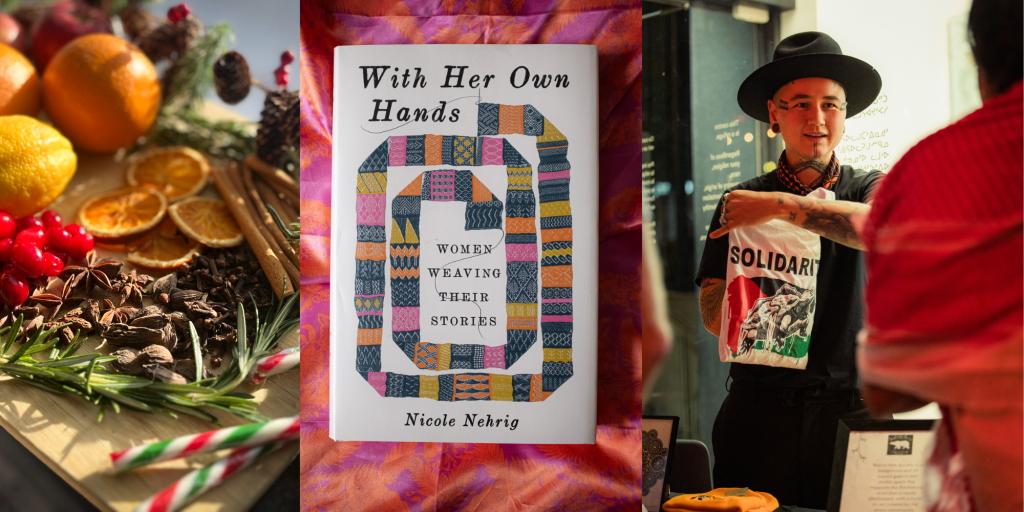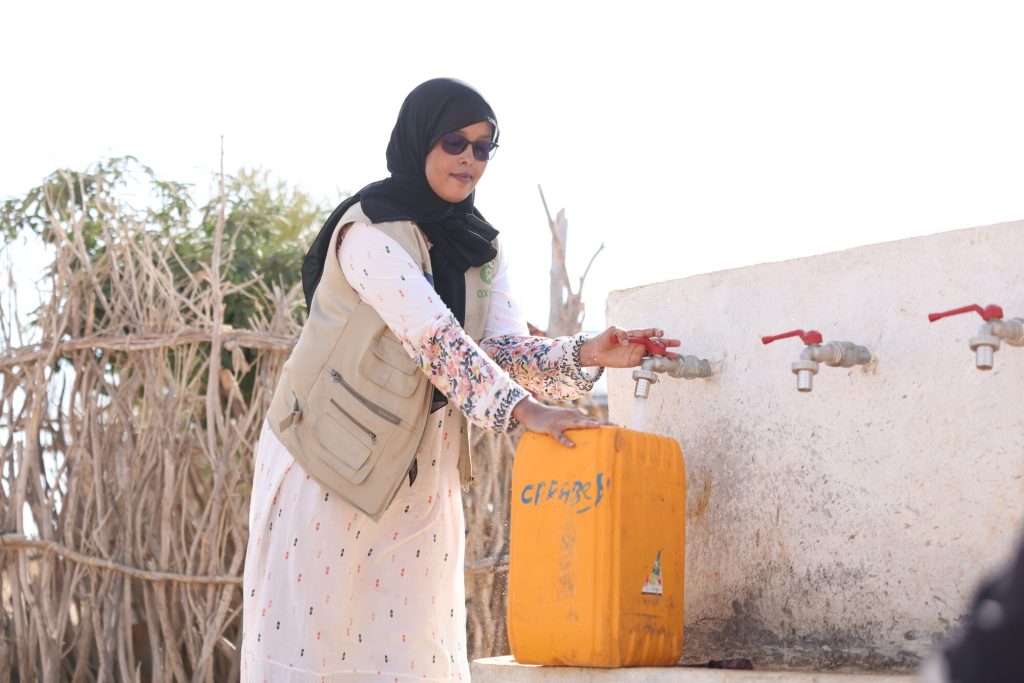How Oxfam is delivering aid in Gaza
How Oxfam is delivering aid in Gaza
Delivering aid in Gaza is incredibly complex and dangerous. There is limited aid access, and once inside, aid distribution requires staff, vehicles, roads, fuel, warehouses, and connectivity, all of which are scarce in besieged Gaza. Despite these tremendous obstacles, Oxfam and our local partners have supported over 262,424 people, including more than 70 thousand women and 120 thousand children, since the escalation of the conflict last October, and we plan to reach 1.3 million more in the next 2 years.
Our response includes vital interventions like water trucking and production, sanitation, multi-purpose cash assistance, blanket distribution, and more. We can’t overstate just how dangerous and critical providing this life-saving aid is in Gaza today.
It hasn’t been easy. Staff and partners are working under fire and bombardment – not to mention the myriad logistical obstacles preventing aid distribution: fuel shortage, infrastructure damage, limited cash liquidity and complex supply chain challenges.
As we continue to advocate for an immediate ceasefire and cessation of arms flow to Israel, we remain steadfast in our Gaza mission alongside our staff and partners.
What Oxfam has done so far:
- Reached 120,000 individuals with WASH (water, sanitation and hygiene) including hygiene kits, jerry cans and buckets.
- Built 2 hand washing stations, 25 latrine blocks, 5 desalination units to turn dirty grey water into drinkable water
- Delivered by truck as much water as permitted
- Reached 140,000 people with food assistance including delivered food parcels and fresh vegetable baskets from the limited agriculture left in Gaza
- Supplied thousands of cash vouchers to be used in the remaining local markets
- Reached 42,000 people with shelter, protection and essential supplies like blankets, winterization packages, dignity kits, infant items, assistive devices for disabled people, and more
What Oxfam plans to do next:
- Continue pressing for a ceasefire to enable humanitarian aid into Gaza at scale
- Rebuild destroyed water stations and waste water networks
- Increase financial assistance with cash distribution for stranded Gazan patients and citizens
- Reach more people with food and non-food items
- Supply plastic sheets for greenhouses across the West Bank to support agriculture and farming
How is Oxfam delivering aid under such dangerous circumstances:
- In Egypt, only registered NGOs can do procurement themselves. Since registration is not feasible at the moment, Oxfam is working with Egyptian Red Crescent to procure the items we are supplying.
- In Jordan, Oxfam is working with the Jordanian Hashemite Charity Organization to deliver the protection kits.
- In Gaza, we’re working with already established trusted partners like the Palestinian Environmental Friends (PEF), Palestinian Medical Relieve Society (PMRS), Association for Woman and Child Protection (AISHA) and other local organizations who have the network to buy locally and distribute items to people most in need.
- We’re expanding our partnerships to include more local and global NGOs, so we may coordinate our work and relief efforts together for maximum support.
Famine is imminent and cholera a real risk. We are doing everything we can to save lives.
Oxfam has staff and offices in Gaza, East Jerusalem, and Area C of the West Bank. Thankfully, everyone is safe, but the situation is dire, and the need for a ceasefire is more urgent than ever. “Words cannot describe the level of suffering that people are experiencing,” our Saving Lives Program Manager in Gaza, Wassem Mustasha, told us recently.
To him and to all our colleagues and partners, we say: we are not giving up on Gaza; we are not giving up on you.
If you can, please donate today so we can continue our life-saving work.

